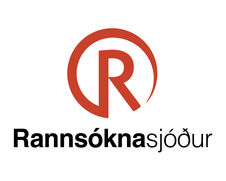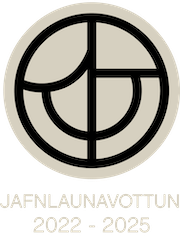Ferlar og háttarrökfræði - Processes and Modal Logic
Verkefni lokið
Fréttatilkynning verkefnisstjóra
A standard approach to the software verification is to model systems, which we refer to as processes, as different versions of state machines or labelled transition systems and to use corresponding versions of logics to express the properties the systems should satisfy. The aim of this project was to study some of these logical formalism and their connection with the corresponding process description formalisms. We can divide the development of the project into the following main areas.

Heiti verkefnis: Ferlar og háttarrökfræði - Processes and Modal Logic
Verkefnisstjóri: Anna Ingólfsdóttir, Háskólanum í Reykjavík
Tegund styrks: Verkefnisstyrkur
Styrkár: 2010-2012
Fjárhæð styrks: 14,7 millj. kr. alls
Tilvísunarnúmer Rannís: 100048021
Investigations of knowledge based logics
In this part of the project several existing formalisms of such logics and the corresponding models are extended with new features such as probabilities, facilities to reason about past events, knowledge updates, belief, and a way to compose existing models into one.
Unification of the theory for characteristic formulae
Here a a uniform framework for existing theory for characteristic formulae for processes is provided.
Classification of interval temporal logics
This study aims at providing a complete overview over the expressiveness of different fragments of interval logics both over dense and discrete time intervals.
The project has fulfilled most of its described goals and also produced related results. It has involved two post doctoral researcher, one from the US and another from Italy and has provided a good environment for their professional training. The work performed within the project has resulted inpublications in several otlets with reasonable impact. This includes 6 journal publications and 10 refereed conference and workshop papers. The has brought together 16 researchers outside RU from 12 different countries. Many of these collaborators will continue working with the principal investigators of the project in the future. Therefore we conclude that the project was quite successful and will havea permanent impact both directly by already published papers and also because of the international working relationships it has created which both Reykjavik University and the whole of Iceland will benefit from.


